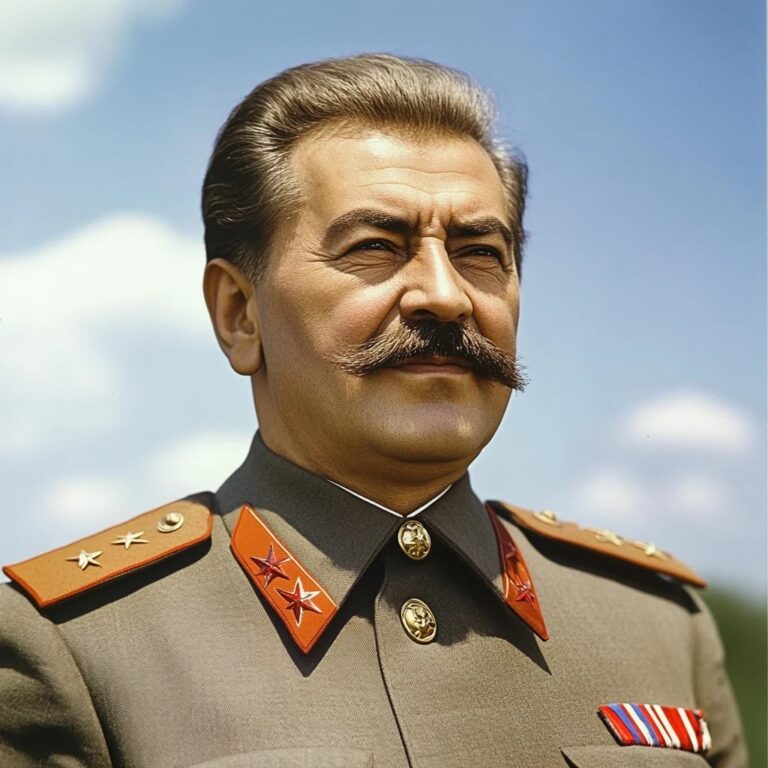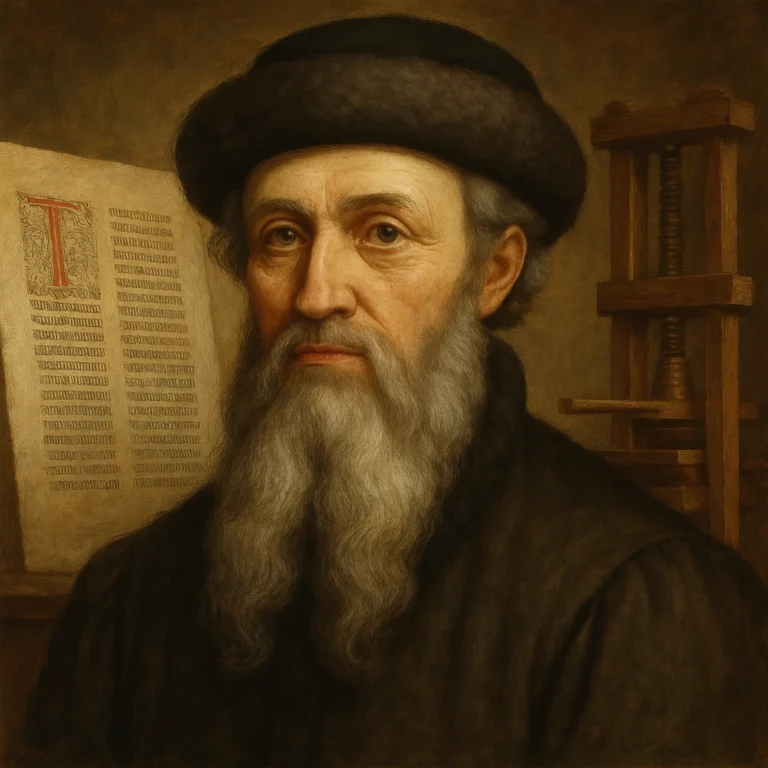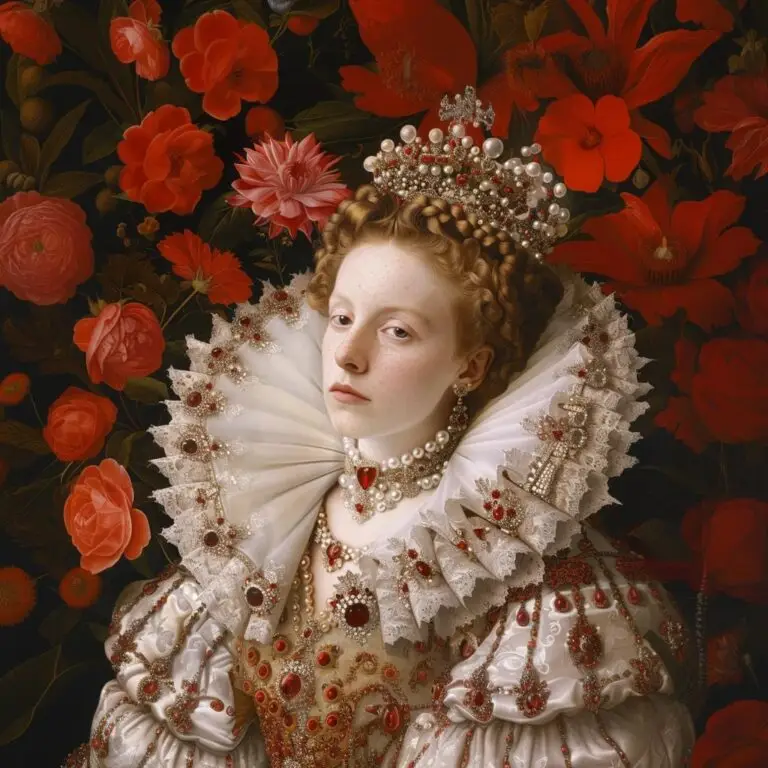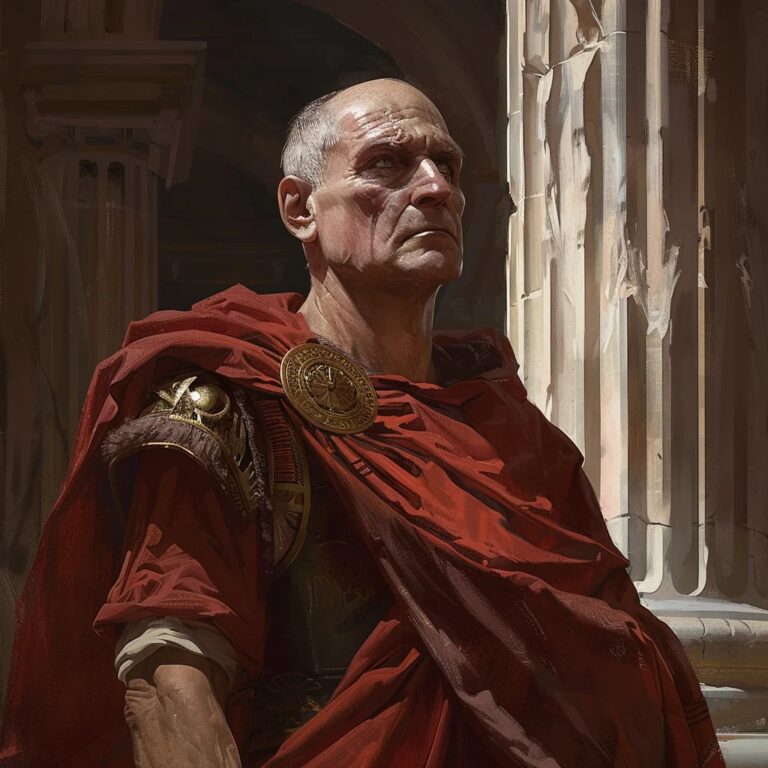Joseph Stalin was born on December 18, 1878, in Gori, Georgia, as Ioseb Besarionis dze Jughashvili.
He adopted the name Stalin, which means 'man of steel,' in the early 20th century.
Stalin joined the Bolshevik Party in 1903 and played a significant role in the Russian Revolution of 1917.
He became General Secretary of the Communist Party in 1922 and gradually consolidated power, becoming the de facto leader of the Soviet Union.
Stalin implemented a series of Five-Year Plans to industrialize the Soviet economy, resulting in rapid but often brutal changes.
His policies of collectivization led to widespread famine, particularly in Ukraine, where millions of people died.
Stalin led the Soviet Union during World War II, playing a crucial role in the defeat of Nazi Germany.
He was known for his use of terror and purges to eliminate political rivals and perceived enemies, resulting in the execution and imprisonment of millions.
Stalin's government established a cult of personality, with his image and propaganda omnipresent throughout the Soviet Union.
He was a key figure in the establishment of the Eastern Bloc and the onset of the Cold War.
Stalin had a complicated personal life, with two wives and several children, many of whom faced tragic fates.
He suffered from paranoia and often distrusted even his closest allies, leading to numerous purges within the Communist Party.
Stalin's death on March 5, 1953, marked the end of an era, and his legacy remains highly controversial.
His policies and actions have been the subject of extensive historical debate, with some viewing him as a necessary force for modernization and others condemning him as a ruthless dictator.
Despite the atrocities committed under his rule, Stalin remains a significant and complex figure in Soviet and world history.



